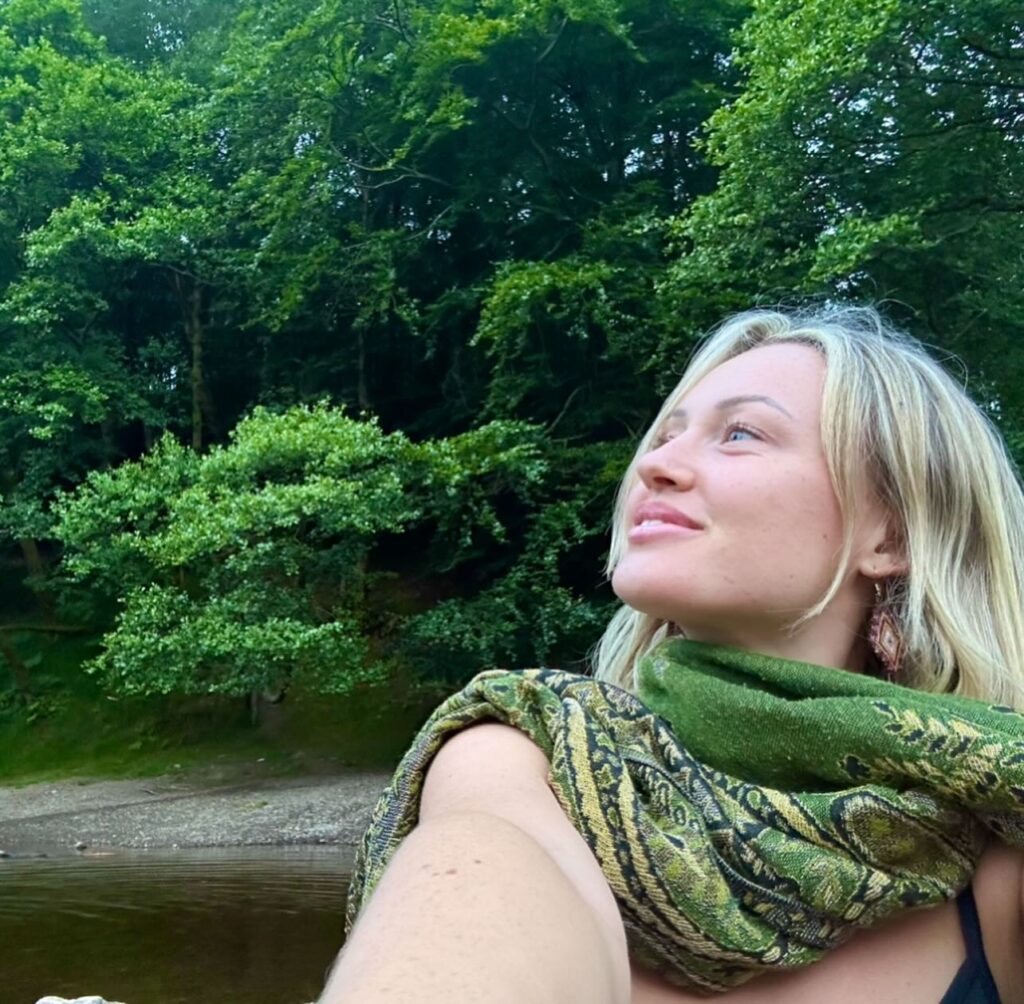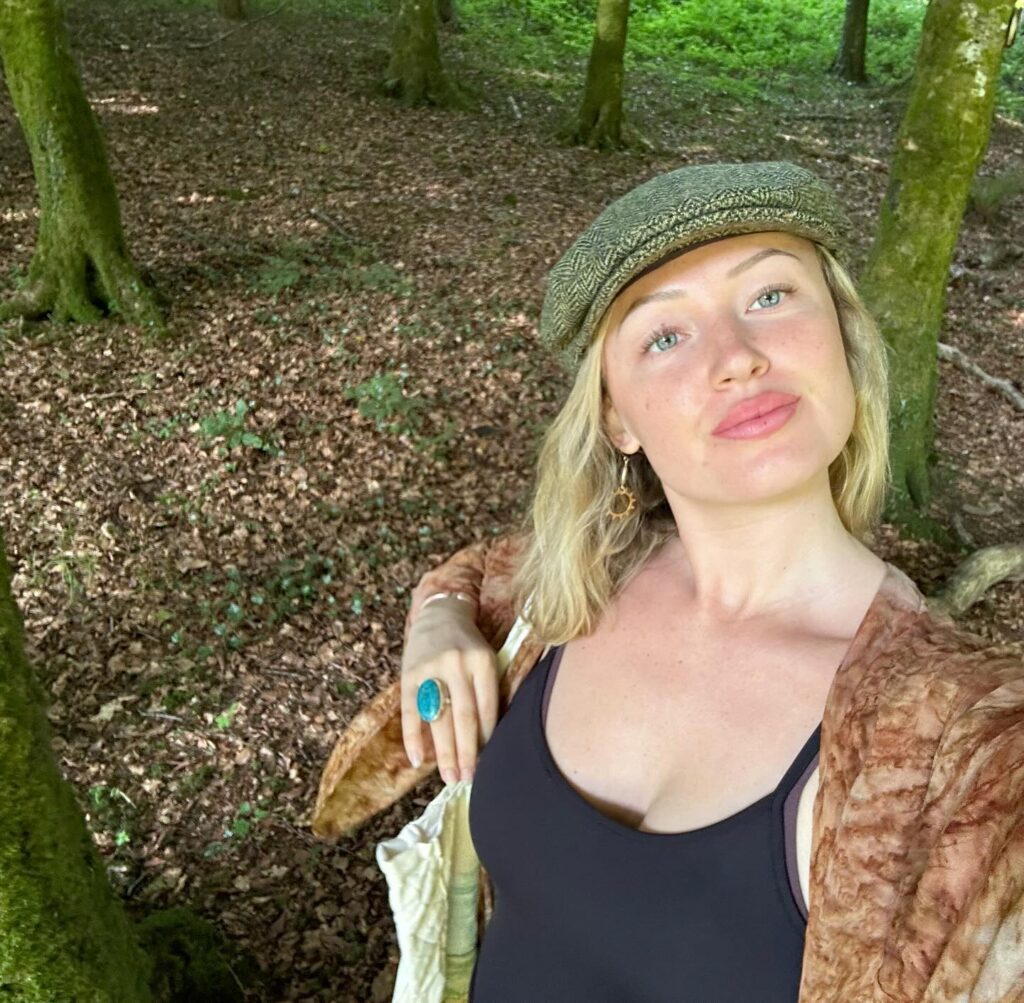Traditional Healing

Traditional Healing
Traditional healing refers to the vast array of health practices, knowledge, and beliefs originating from diverse cultures around the globe. Developed over centuries, and often intertwined with spirituality, community, and ritual, traditional healing systems encompass a holistic approach to well-being, addressing not just physical ailments, but the interconnectedness of mind, body, spirit, and community. While modern medicine has made incredible advances, traditional healing remains a vital force, preserving ancient wisdom and offering unique perspectives on health.
What is Traditional Healing?
Traditional healing is characterized by the following key elements:
- Holistic Approach: Views health through a wide lens, considering physical, emotional, spiritual, social, and environmental factors.
- Community-Centered: Often embedded within the fabric of community, with healers passing down knowledge through generations.
- Herbalism: Extensive use of plants for their medicinal properties, with deep knowledge of their preparation and use.
- Ritual and Ceremony: May incorporate rituals, ceremonies, prayers, or songs, addressing the spiritual and energetic aspects of healing.
- Mind-Body Connection: Acknowledges the powerful connection between mental and emotional well-being with physical health.
- Varied Practices: Encompasses a vast range of practices specific to different cultures, making it impossible to generalize.
How Can Traditional Healing Help You?
Seek traditional healing practices if you are:
- Seeking Culturally Relevant Care: Desiring health support aligned with your cultural background or ancestral roots.
- Intrigued by Holistic Approaches: Wanting a whole-person approach to your well-being, acknowledging mind-body-spirit.
- Open to Herbal Remedies: Interested in exploring the benefits of plant-based medicine for various health concerns.
- Longing for Connection: Seeking a healing experience that acknowledges social, emotional, and spiritual dimensions.
- Frustrated with Conventional Medicine: Having unmet needs with conventional healthcare, seeking complementary support.
What is Traditional Healing Good For?
Individuals often work with traditional healing practitioners for the following reasons:
- Chronic Health Issues: Seeking support for ongoing concerns that may not be fully resolved through Western medicine.
- Mental and Emotional Wellness: Desiring natural approaches for managing stress, anxiety, depression, or trauma.
- Supporting Spiritual Needs: Seeking healing practices that address the spiritual aspects of illness and promote inner peace.
- Cultural Connection: Wanting to engage with the healing traditions of your ancestors or explore new cultural perspectives on health.
- Prevention and Wellness: Adopting traditional practices for overall well-being, disease prevention, and longevity.
Benefits of Traditional Healing
Individuals engaging with traditional healing often report experiencing:
- Holistic Healing: Feeling seen and treated as a whole person, with care that goes beyond a singular symptom.
- Empowerment: Actively participating in your healing process, gaining knowledge of traditional practices for self-care.
- Reduced Stress and Anxiety: Experiencing relaxation, stress reduction, and improved emotional well-being.
- Cultural Connection: Honoring your roots or gaining insight into diverse cultural approaches to health and wellness.
- Complementary Care: Finding traditional healing practices that work synergistically with conventional or Western medicine.
What to Expect When Working with a Practitioner in Traditional Healing
Due to its diversity, expect variation in traditional healing practices. Here’s what to generally expect:
- In-Depth Assessment: Discussion of health history, lifestyle, beliefs, and concerns, often from a holistic worldview.
- Herbal Recommendations: May include herbal teas, tinctures, topical remedies, or specific dietary recommendations.
- Spiritual Guidance: Prayers, rituals, blessings, or guidance addressing the spiritual dimension of your experience.
- Energetic Work: May involve energy clearing, balancing practices, or techniques specific to the tradition.
- Community and Lifestyle Advice: Suggestions on social interactions, stress management, or self-care practices.
Similar Modalities to Traditional Healing
If traditional healing resonates, these modalities might also be of interest:
- Naturopathy: A Western holistic approach, often incorporating herbal medicine, nutrition, and lifestyle modifications.
- Traditional Chinese Medicine (TCM): Includes acupuncture, herbal remedies, and mind-body practices for holistic healing.
- Ayurveda: Originating in India, emphasizes individualized treatments, herbs, and yoga for balance and well-being.
- Energy Healing: Diverse practices focused on balancing the subtle energy systems within and around the body.
Final Thoughts
Traditional healing offers a treasure trove of wisdom, reminding us of the interconnectedness of mind, body, and spirit within a greater cultural and environmental context. If you’re seeking a more personalized, holistic, and culturally relevant approach to health, exploring traditional healing may uncover practices that hold the potential for deep healing and personal transformation.
Scientific References
- Bodeker, G., & Kronenberg, F. (2002). A public health agenda for traditional, complementary, and alternative medicine. American Journal of Public Health, 92(10), 1582-1591. https://doi.org/10.2105/AJPH.92.10.1582
- World Health Organization. (2013). WHO traditional medicine strategy: 2014-2023. World Health Organization. https://apps.who.int/iris/handle/10665/92455
- Payyappallimana, U., & Padey, M. (2010). Efficacy and safety of Ayurvedic treatment for rheumatoid arthritis – a pilot prospective cohort study. The Indian Journal of Medical Research, 131(1), 105-110.
Recommended Reading
- Bodeker, G. (1994). Traditional health knowledge and public policy. Nature and Resources, 30(2), 5–16.
- Kleinman, A. (1980). Patients and Healers in the Context of Culture. University of California Press. (Classic anthropological perspective on diverse health systems)
- Fadiman, A. (1997). The Spirit Catches You and You
FAQ: Traditional Healing
What makes traditional healing different from conventional Western medicine?
Traditional healing differs in its holistic approach, focusing on the interconnectedness of mind, body, spirit, and community, rather than solely on symptoms. It incorporates a wide array of practices including herbalism, rituals, and ceremonies rooted in cultural traditions, offering a more personalized and culturally relevant care.
Can traditional healing practices work alongside conventional medical treatments?
Yes, many individuals find traditional healing practices to complement conventional medical treatments effectively. These practices can offer supportive care, focusing on the whole person and often addressing areas that conventional medicine may overlook, such as the spiritual and emotional dimensions of healing.
How do I find a reputable traditional healer?
Finding a reputable traditional healer often involves research and community consultation. Look for practitioners with a good reputation in their community, relevant training, and experience. Many people also seek recommendations from those who have benefited from traditional healing practices.
Are there any risks associated with traditional healing?
As with any form of healthcare, there can be risks, especially if practitioners are not properly trained or if herbal remedies interact with conventional medications. It’s important to consult with a knowledgeable practitioner and communicate with your healthcare provider about any traditional practices or remedies you are considering.
How can I incorporate traditional healing into my health and wellness routine?
Incorporating traditional healing into your routine can start with small steps like exploring herbal remedies for common ailments, practicing mindfulness or meditation, or seeking out a traditional healer for a holistic health assessment. It’s important to approach traditional healing with openness and to consider how its practices can complement your existing health and wellness routine.
Related Practitioners
Kim McIntire
The Neurodivergent Healer & Hypnotist
- Carson City, Nevada, United States
- +1 (775) 240-6381
My name is Kim McIntire, and my transformative journey in holistic wellness commenced 22 years ago during my time at… Read More
Ella Ringrose
Awaken Your Inner Power, Align with Your Purpose
- Toronto, Golden Horseshoe, Ontario, Canada
- +1 (555) 555-0000
Ella Ringrose is a spiritual guide dedicated to empowering individuals on their spiritual journeys. Through her YouTube channel, she shares… Read More
Ali Campbell
Neuro Linguistic Programming Expert
- Los Angeles, Los Angeles County, California, United States
- +44 (2) 555-5555
As information is rapidly changing, we encourage you to continue to stay informed. Please visit our Coronavirus Resource Center, Healthgrades… Read More























